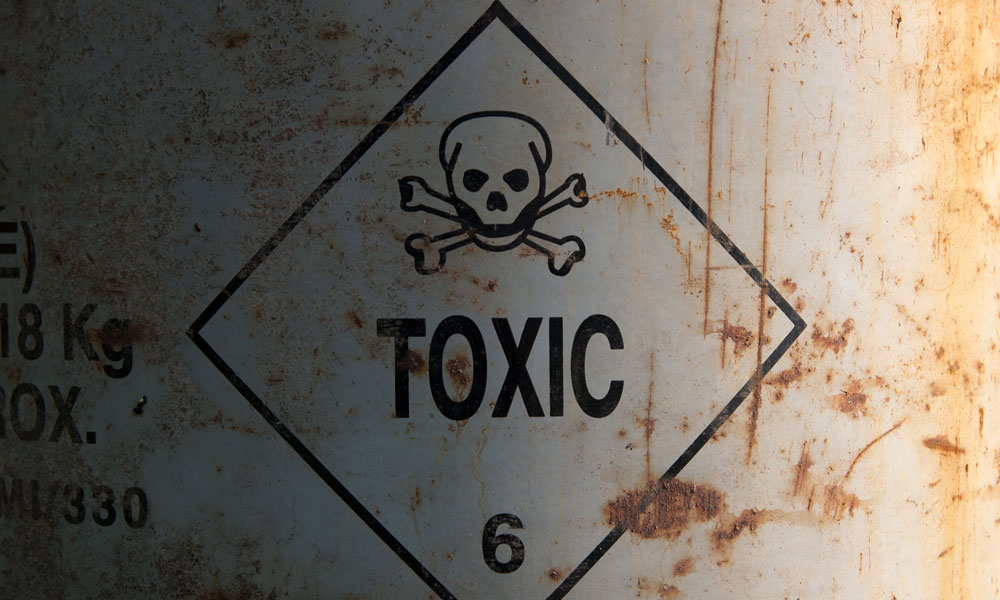
Health Groups Ally Over Message: Toxic Chemicals Inhibit Brain Development
For the first time ever, health groups agree that toxic chemicals in food, air, and everyday household products are putting children at risk for neurodevelopmental disorders.
“This is truly an historic agreement,” said Irva Hertz-Picciotto, environmental epidemiologist at UC Davis and codirector of Project TENDR, in a press release. “It’s the first time so many leaders in public health, science, and medicine agree on the message from the scientific evidence: that toxic chemicals are harming our children’s brain development. Ten years ago, this consensus wouldn’t have been possible, but the research is now abundantly clear.”
Project TENDR, which stands for “Targeting Environmental Neuro-Developmental Risks,” is an alliance of scientists, health professionals, and children’s and environmental advocates. In 2015, the group joined together to discuss a cache of disconcerting trends in children’s behavior and learning—and the role that environmental toxins played in those.
Relying on studies and surveys published in the last decade, TENDR reported that one-in-six children have a developmental delay; one-in-10children are estimated to have ADHD; and one-in-68 children are on the autism spectrum.
There is now “substantial scientific evidence,” according to TENDR, that links toxic environmental chemicals—such as lead, mercury, pesticides, flame retardants, and more—to increased risks of neurodevelopmental disorders, as well as cognitive, behavioral, or social impairment. These risks are especially high during fetal development and the early years of a child’s life.
In light of this, TENDR released a consensus statement published in Environmental Health Perspectives on July 1, which is supported by medical and health organizations like the National Medical Association, the American Nurses Association, and the Learning Disabilities Association of America, among others. Dozens of other scientists, health professionals, and children’s advocacy groups have joined the national call to action as well.
“I want to emphasize that the TENDR agreement is significant because these leading scientists and health professionals have concluded that the evidence from research has now accumulated to reach a tipping point,” wrote Maureen Swanson, the director of the Healthy Children Project at the Learning Disabilities Association of America and codirector of TENDR, in an email. “The current approach—regulating chemicals only after their damage is known—has now been clearly shown to have failed to adequately protect children.”
Although the U.S. has already halted the production or use of some of these toxic chemicals, such as lead, American children are suffering from residual exposure to them. For instance, small children could be exposed to lead by consuming flaking paint chips in homes built before 1978. “This national problem is so pressing that the TENDR scientists and health professionals will continue their collaboration to develop and issue recommendations aimed at significantly reducing exposures to toxic chemicals that are harming children’s brain development,” Swanson said in a press release.
TENDR hopes that the alliance and continuing efforts will spur an overhaul of the chemical regulation process. The group is also calling on businesses to eliminate their own use of these offending chemicals, as well as asking that policymakers prioritize cleaning up the lingering effects of toxic chemicals that were used in the past.
“Consumers can make informed decisions, but only when they have the information, which is not always easily available,” Swanson wrote in an email, using cosmetic ingredients as an example. “But TENDR also believes that the onus for exposure reduction needs to be moved away from the consumer into the hands of regulators to protect those who are not able to read every label and keep up on the science.”
(iStock/Thinkstock)






Comments